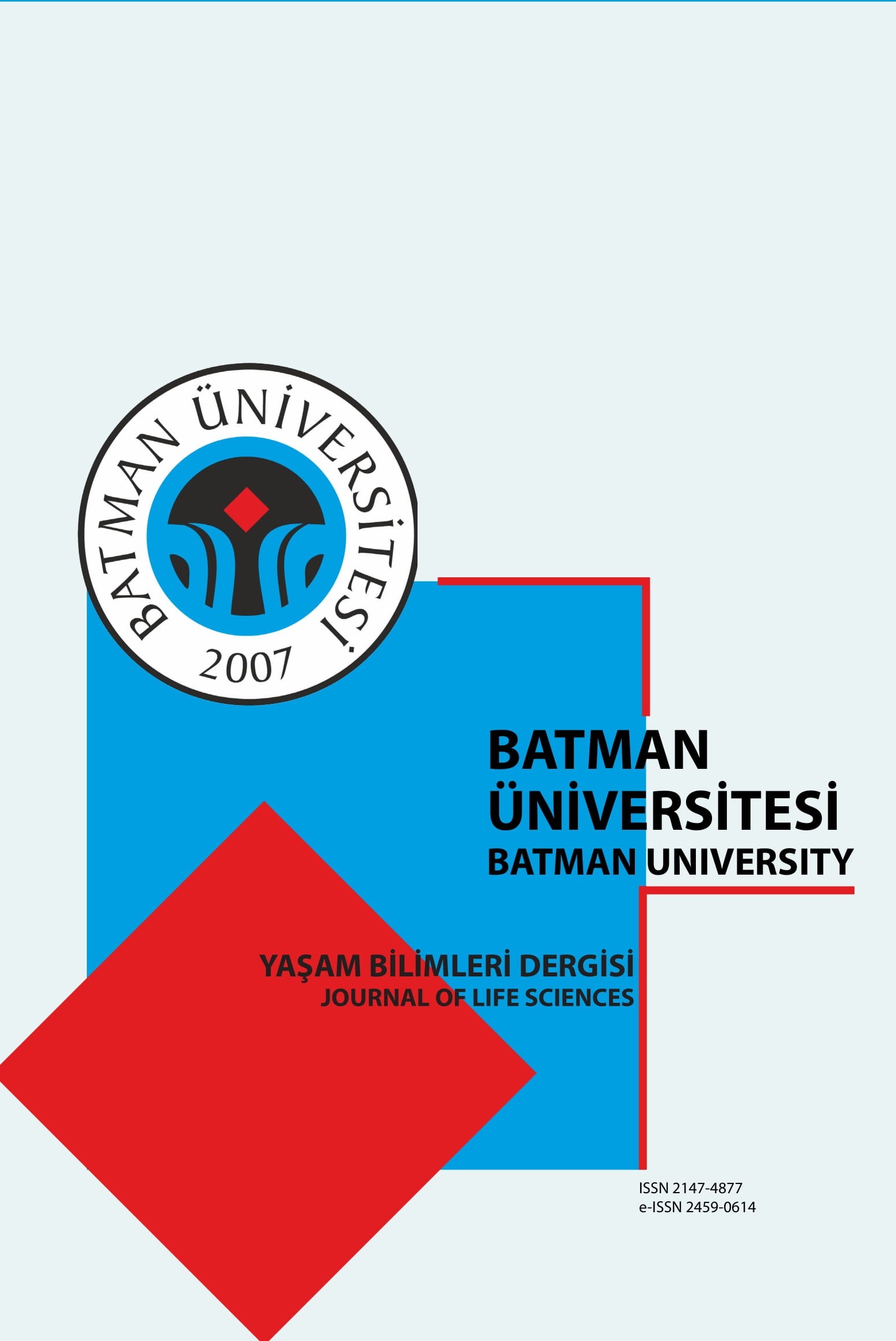MANTIKSAL VE BİLGİ KURAMSAL AÇIDAN KÜLTÜR KAVRAMI
Kültür kavramı pek çok anlam durumuna göndermede bulunur. Bunların en yaygınları kurumsal olgularla ilgilidir. Kurumsal olgular, farklı yaşam biçimlerini dile getirir. Her farklı yaşam biçiminin kendine özgü bir yapısı vardır. Bu yapı toplumsal kullanımdan ve gelenekten gelen özel kurallara dayanır. Özel kurallar yaşamın bilgi kuramsal ve mantıksal yönünü farklılaştırır ve özgünleştirir. Buna göre belirli bir yaşam biçiminde bilginin sınırları, o yaşam biçiminin kapsamının belirlenmesiyle ortaya çıkar; bilginin imkânı, bu yaşam biçimine katılıp katılmamayı ifade eder; bilginin kaynağı, söz konusu yaşam biçiminin dayandığı gelenektir; bilginin ölçütü ise, tutarlılıktır. Yine her özgün yaşam biçiminin kendine özgü, özel bir mantıksal yapısı vardır. Bu mantıksal yapı genel mantığın tüm kurallarını dikkate alan paralel bir mantık olarak ele alındığında, kendisine dayanan sözce ve çıkarımların tutarlı ve geçerli oldukları görülür.
The Concept of Culture From A Logical and Epsitemological Point of View
The concept culture refers to a lot of state of affairs. The widespread of them concerning institutional facts. Institutional facts express a different life style. Every different life style has a distinctive structure. This structure leans on special rules which come from a definite usage. The special rules specialize and make different thelogical and epistemological direction of live. Thus the limits of knowledge in a definite life style determines by its content; the posibility of knowledge expresses participating ornon-participating in this live; the source of knowledge is a definite tradition which the live style in question leans on; the criterion of knowledge is coherence. Every different live style also has a special logical structure. When this logical structure is came up all of rules of general logic as a parallellogic, we can see that the utterences and inferences which lean on this logic are consistent and valid.
